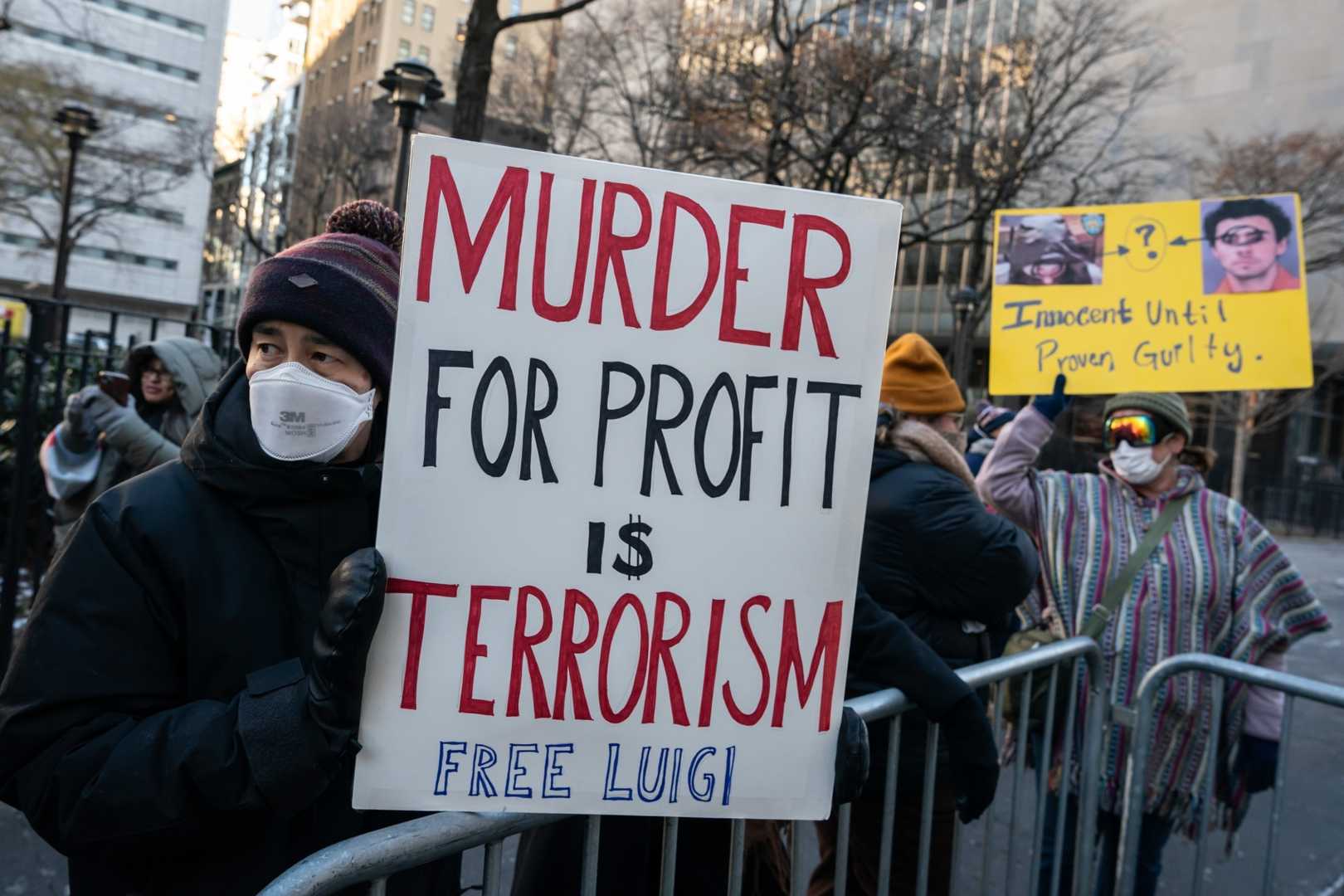News
Luigi Mangione Case Sparks Debate on Jury Nullification in High-Profile Murder Trial

Luigi Mangione, the 26-year-old accused of killing UnitedHealthcare CEO Brian Thompson, has garnered unexpected public support, raising the possibility of jury nullification in his high-profile murder trial. Mangione faces first-degree murder charges for the December 23 shooting outside an investors’ conference in Midtown Manhattan, where Thompson was fatally wounded.
Outside the Manhattan Supreme Court, protesters held signs criticizing the health care insurance industry, while others donned costumes resembling the video game character Luigi, Mangione’s namesake. His attorney has reported receiving emails from supporters offering assistance, and his name received applause during a comedy skit on a popular show. This unusual public backing has legal experts speculating about the potential for jury nullification, a rare legal outcome where jurors acquit a defendant despite evidence of guilt.
Cheryl Bader, associate professor of law at Fordham School of Law, explained, “It’s not a legal defense sanctioned under the law. It’s a reaction by the jury to a legal result that they feel would be so unjust or morally wrong that they refuse to impose it, despite what the law says.” Jury nullification has historical roots in cases involving controversial issues like fugitive slave laws, Prohibition, and the war on drugs.
Mangione’s case has drawn attention due to his alleged hostility toward the health insurance industry and wealthy executives. Prosecutors claim he was found with the weapon used in the shooting, a manifesto, and a handwritten note expressing his grievances. Mangione has pleaded not guilty to murder charges but has yet to enter a plea on additional charges.
Legal analysts suggest that Mangione’s defense could leverage public frustration with the for-profit health care system to sway jurors. CNN Legal Analyst Joey Jackson noted, “You never can tell. It would not surprise me at all if one or more people get onto the jury that support him.” However, the jury selection process, known as voir dire, is designed to exclude individuals unwilling to follow the law.
Jury nullification remains a contentious topic in the legal system. While it can serve as a form of civil disobedience, it also risks undermining the rule of law. In recent decades, nullification has appeared in cases involving social issues, such as assisted suicide and domestic violence. For Mangione, the outcome of his trial could hinge on whether jurors sympathize with his alleged motives or adhere strictly to the evidence.
The trial has been delayed, with proceedings likely to resume in February as both sides prepare their cases. Judge Gregory Carro has assured Mangione’s attorney that the defendant will receive a fair trial, emphasizing the importance of carefully selecting an impartial jury.












